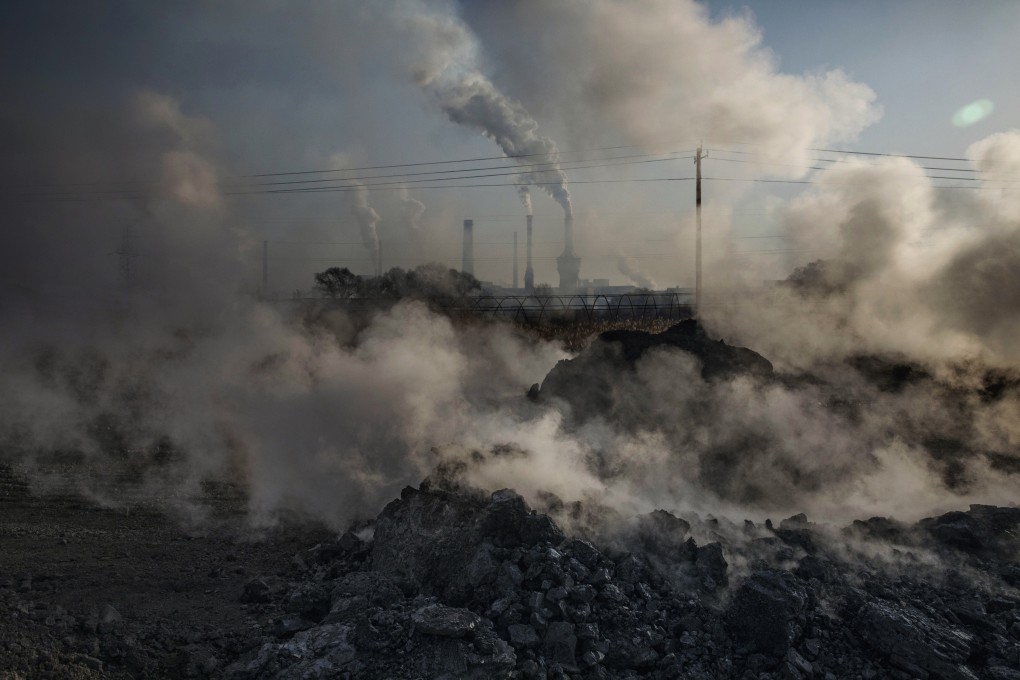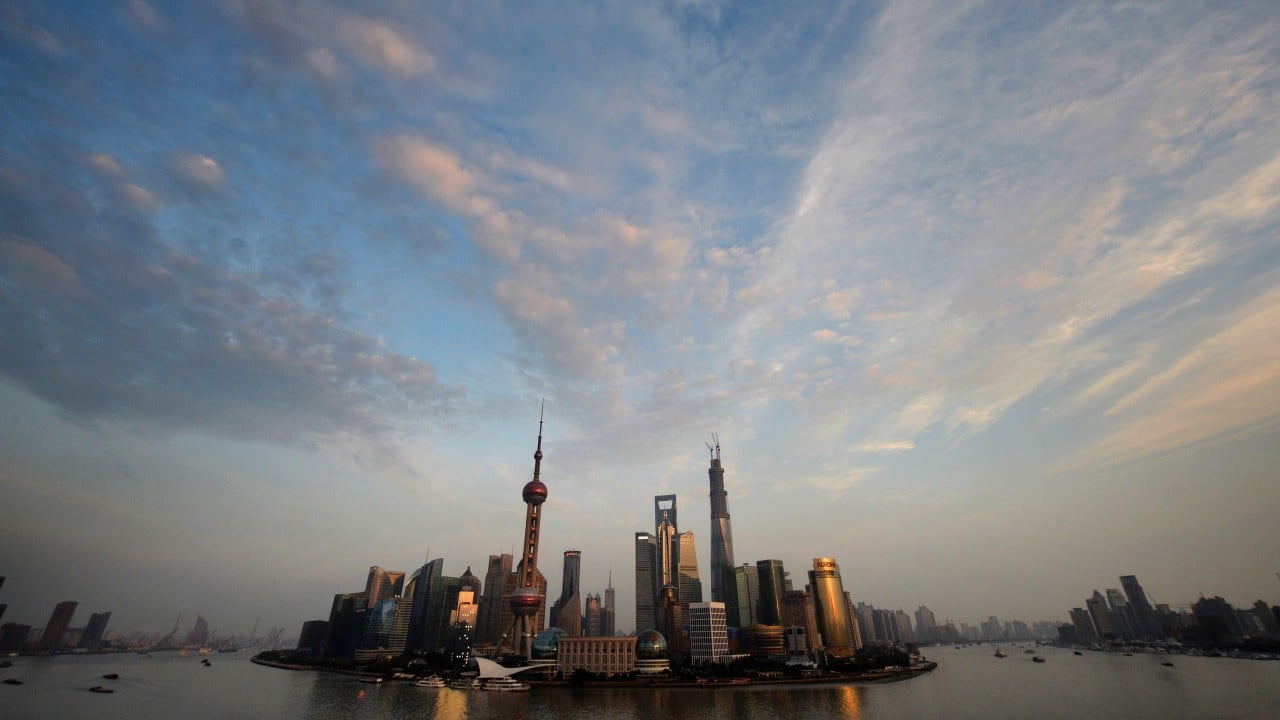Opinion | China’s decision to drop economic growth target is a blessing in disguise
- The more Beijing weans itself off growth as the economic metric, the freer it will be to concentrate on the environment, health and education
- Growth targets inevitably lock developing countries into a Western model of economic policy and a Western notion of how globalisation should work

But putting aside the reasons behind it, the decision to drop the growth target should be viewed as a blessing in disguise. The more Beijing weans itself off economic growth as the economic metric, the freer it will be to pursue more suitable and sustainable economic policies to better tackle the challenges China and the world will face in the 21st Century.

05:59
Coronavirus: What’s going to happen to China’s economy?
China’s economic growth lifted hundreds of millions out of poverty and helped develop strong manufacturing and hi-tech sectors: a feat unmatched by any country in modern history. Yet this growth has come with significant costs: unsustainable mega-cities, huge migrant populations, real-estate bubbles and environmental damage. One study found that 80 per cent of the country’s groundwater sources were unfit for human usage, and many Chinese cities still struggle with poor air quality.
A “growth-at-all-costs” mentality to meet GDP targets attracted massive FDI and in turn shaped how the private sector behaves. China’s struggles with food safety, industrial pollution and building standards are well-known. Much of China’s tech boom is built on contract and migrant labour, who deliver the goods and food sold on China’s digital platform, in the same way we see exploitation in other gig economies around the world. More recently, PPE and antibody tests sold by Chinese suppliers have been found to be of poor-quality, leading to angry calls and diplomatic spats. And Chinese companies operating overseas have been accused of causing environmental damage and cultural insensitivity.
